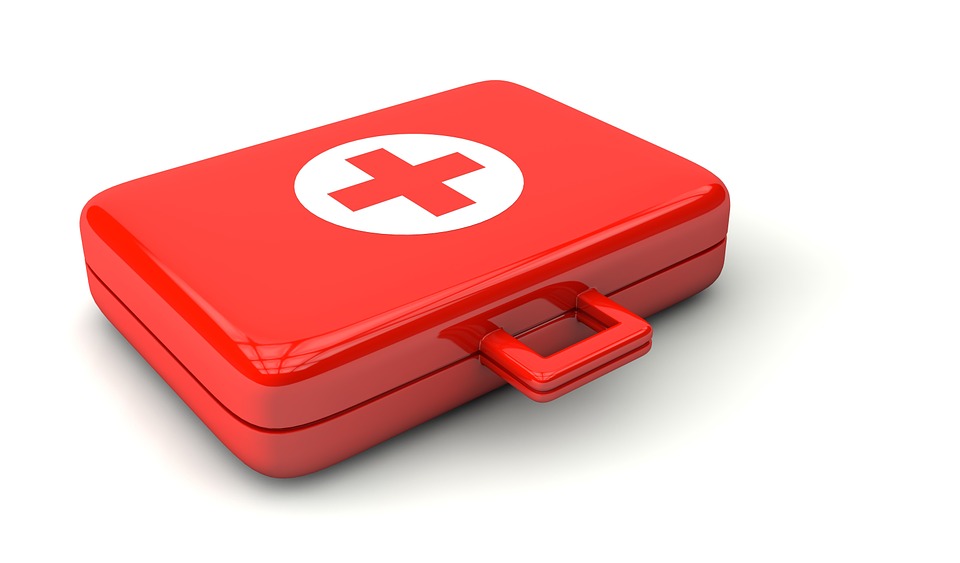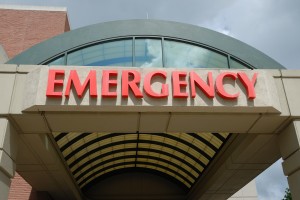
Women Are Speaking Up About Healthcare Inequality
It’s thanks to Bella that we mark August 26 as Women’s Equality Day, a day to commemorate the 19th Amendment and to recognize — as it says in the Joint Resolution of Congress establishing the day— that “women of the United States have been treated as second-class citizens and have not been entitled the full rights and privileges, public or private, legal or institutional, which are available to male citizens of the United States.”
Over time, our checklists for women’s equality have evolved — as we cross off one item, a new one rightfully takes its place. And now, the moment has come to make sure women’s health equity is on the list — right near the top.
 There’s been so much news of late that you might not have noticed just how many women are talking about how their very real excruciating pain was dismissed (it’s in your head!) or they were misdiagnosed because their symptoms didn’t meet the male model, or they were prescribed medications based on men’s bodies. The stories are starting to make waves and, we hope, change too — in much the way women sharing their stories gave rise to #MeToo.
There’s been so much news of late that you might not have noticed just how many women are talking about how their very real excruciating pain was dismissed (it’s in your head!) or they were misdiagnosed because their symptoms didn’t meet the male model, or they were prescribed medications based on men’s bodies. The stories are starting to make waves and, we hope, change too — in much the way women sharing their stories gave rise to #MeToo.
So, for starters: Many serious conditions and chronic illnesses afflict more women than men. Autoimmune diseases — three times more common in women — take roughly five years to be correctly diagnosed, and female-specific conditions like endometriosis often take a decade of doctor visits before they’re accurately identified. And for black women, the numbers are even more startling: black women are three to four times as likely to die from pregnancy-related causes as their white counterparts, the CDC reports.
All of this is part of why back in 2016, Hadassah — a longtime advocate for gender equity in medical research— created the Coalition for Women’s Health Equity (now 28 strong) to push for national and local policies to bring equity to research, prevention, treatment, and access to quality care.
On a more hopeful front, these days more people are hearing the women who are speaking up. As journalist Ashley Fetters writes in an August article in the Atlantic, this year, “stories about ‘health-care gaslighting’ are consistently breaking through to the mainstream.”
And that’s good for women. And for women’s advocates. It means that more people are likely to know, for example, that women having heart attacks are often misdiagnosed — in part, because their symptoms are different than men’s. This is particularly disturbing, given that heart disease is the number one killer of American women, taking not just more lives each year than breast cancer but than all cancers combined. Within five years of a first heart attack, 36% of men will die, for women, it’s 47%.
And did you know women and men respond differently to many drugs, including blood pressure medicine, anesthesia, and aspirin, according to the National Institutes of Health? After all, it’s only been 30 years since the FDA lifted its ban on women in clinical trials.
So please if you have your own healthcare story, share it. What’s more, this Women’s Equality Day, please consider speaking out in support of women’s equality in health and the workplace.
Erica Brody is, a writer, editor, and strategist, and member of the Hadassah communications staff.
The views and opinions expressed in this article are the author’s own and do not necessarily reflect those of Lilith Magazine.




